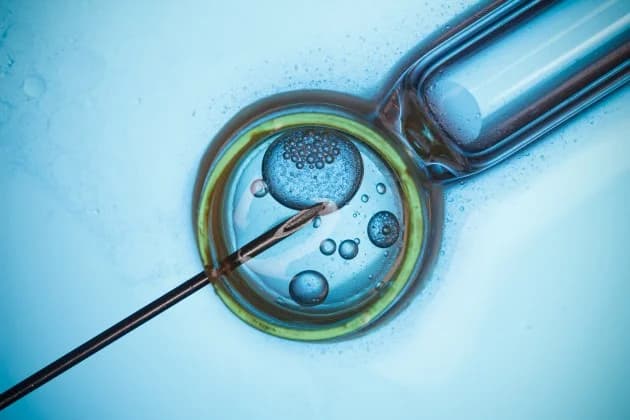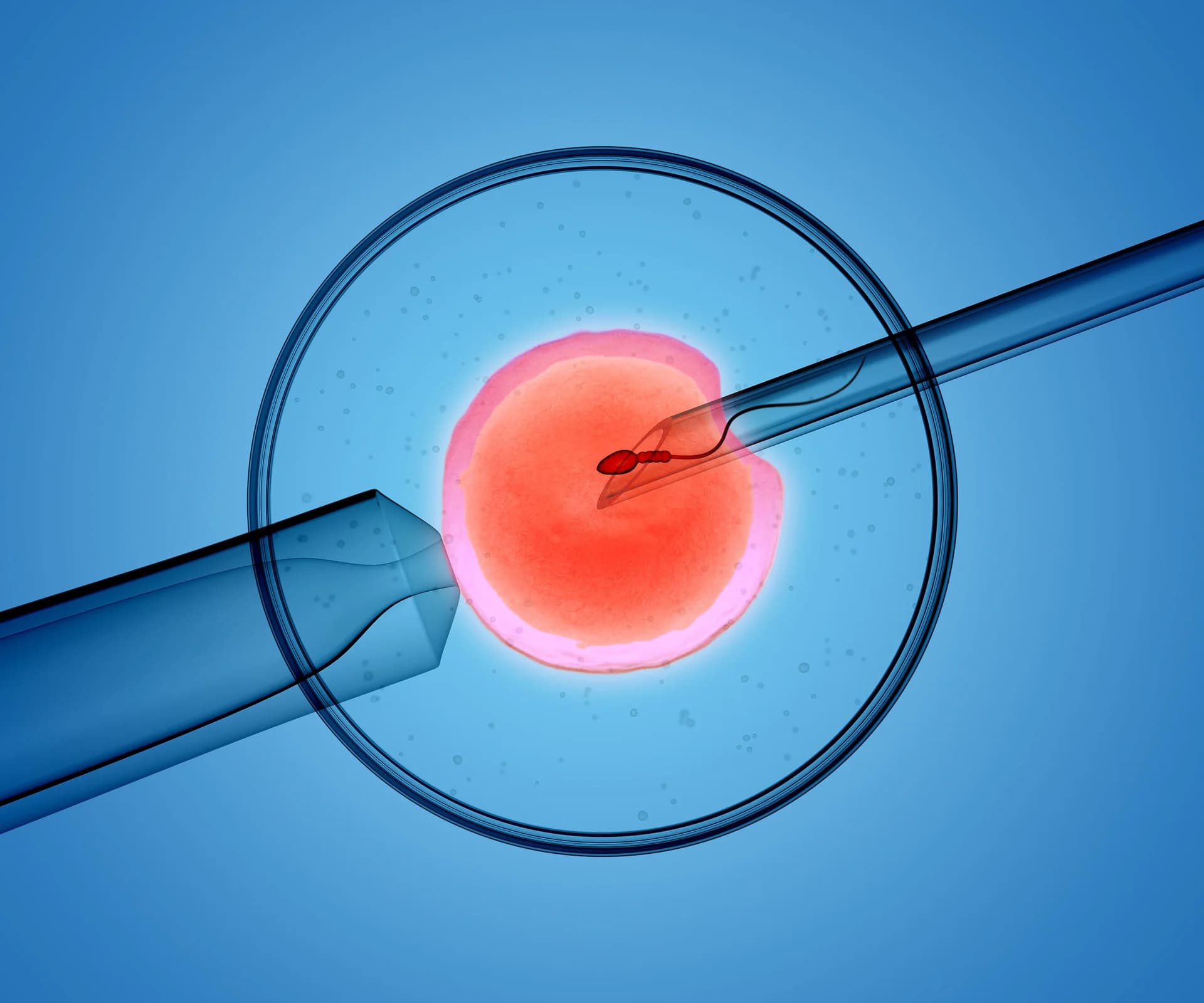If a woman has unprotected sex for at least a year without a successful pregnancy, they may be infertile. Female infertility causes can be difficult to diagnose. Depending on the type of infertility, a variety of treatments may be used.
What are the symptoms of Female Infertility?
The inability to get pregnant is the main symptom of infertility. If a woman is experiencing too short (less than 21 days) or too long (35 days or more) menstrual cycles, it can mean that they are not ovulating. There may also be no signs or symptoms of an issue.
When should you see a doctor?
If a patient is younger than 35,doctors recommend trying to get pregnant for at least a year before testing or treatment. For those between 35 and 40, you should discuss your concerns with a doctor after six months of trying. For those older than 40, you may need treatment right away. Also, if your partner has known fertility problems or if you have a history of irregular or painful periods, pelvic inflammatory disease, repeated miscarriages, cancer treatment, or endometriosis; treatment may begin right away.

What are the causes of Female Infertility?
For a pregnancy to occur, there are several steps that all need to happen correctly, including:
One of the two ovaries releases a mature egg.
The egg is picked up by the fallopian tube.
Sperm swims up the cervix, through the uterus, and into the fallopian tube to reach the egg for fertilization.
The fertilized egg travels down the fallopian tube to the uterus.
The fertilized egg attaches (implanting) to the inside of the uterus and grows.
Many factors may disrupt this process at any step, which may be caused by one or more of these factors:
Ovulation disorders
Most cases of infertility involve ovulation infrequency or not at all. Ovulation disorders may be caused by reproductive hormone regulation issues, the hypothalamus, the pituitary gland, or problems in the ovary. These issues are:
Polycystic ovary syndrome (PCOS): PCOS causes a hormone imbalance, which affects ovulation. This issue is usually associated with insulin resistance and obesity, abnormal hair growth on the face or body, and acne.
Hypothalamic dysfunction: The follicle-stimulating hormone (FSH) and luteinizing hormone (LH) are produced by the pituitary gland which is responsible for stimulating ovulation each month. Stress caused by excess weight gain or loss, and very high or very low body weight may disrupt the production of these hormones and affect ovulation.
Primary ovarian insufficiency: Also called premature ovarian failure, this is usually caused by an autoimmune response or by premature loss of eggs from your ovary, possibly as a result of genetics or chemotherapy. Causing the ovary to no longer produce eggs, as well as lowering estrogen production in women under age 40.
Too much prolactin: This results in reduced estrogen production which can cause infertility.

Damage to fallopian tubes (tubal infertility)
Damaged or blocked fallopian tubes keep sperm from getting to the egg or block the passage of the fertilized egg into the uterus. Causes of fallopian tube damage or blockage can include:
Pelvic inflammatory disease is an infection of the uterus and fallopian tubes due to chlamydia, gonorrhea, or other sexually transmitted infections
Previous surgery in the abdomen or pelvis, including surgery for ectopic pregnancy, in which a fertilized egg implants and develops somewhere other than the uterus, usually in a fallopian tube
Endometriosis
Endometriosis refers to the growth of uterus tissue in other places; the extra tissue growth and the surgical removal of it may cause scarring which may block fallopian tubes and keep an egg and sperm from uniting. This condition could disrupt the implantation of the fertilized egg.
Uterine or cervical causes
Several uterine or cervical causes can interfere with the egg implanting or increase the risk of miscarriage:
Benign polyps or tumors (fibroids or myomas) are common in the uterus. Some can block fallopian tubes or interfere with implantation, affecting fertility. However, many women who have fibroids or polyps do become pregnant.
Problems with the uterus present from birth, such as an unusually shaped uterus, can cause problems in becoming or remaining pregnant.
Cervical stenosis, a narrowing of the cervix, can be caused by an inherited malformation or damage to the cervix.
Sometimes the cervix can't produce the best type of mucus to allow the sperm to travel through the cervix into the uterus.
Unexplained infertility
There are causes where it’s impossible to find the cause of infertility. A combination of several minor factors in both partners could cause unexplained fertility problems.

Conclusions
Female infertility is the inability to conceive a child after at least one year of regular, unprotected sex. It affects about 10% of women of reproductive age worldwide. Some women with infertility may have irregular menstrual periods or no periods. Female infertility can have many causes, such as problems with ovulation, the fallopian tubes, the uterus, the cervix, or the environment. Female infertility can be diagnosed by a medical history, physical examination, blood tests, imaging tests, or laparoscopy. Treatment options depend on the cause and severity of the infertility and may include medication, surgery, assisted reproductive technology (ART), or donor eggs or sperm.
Read more: